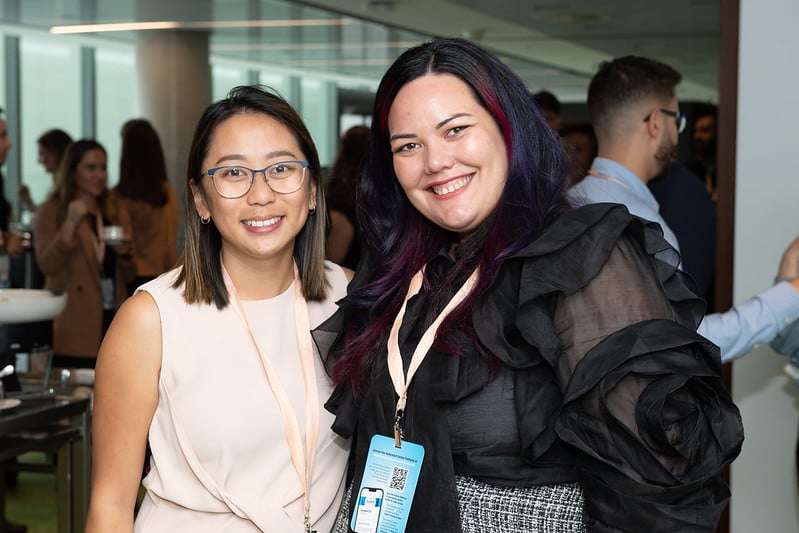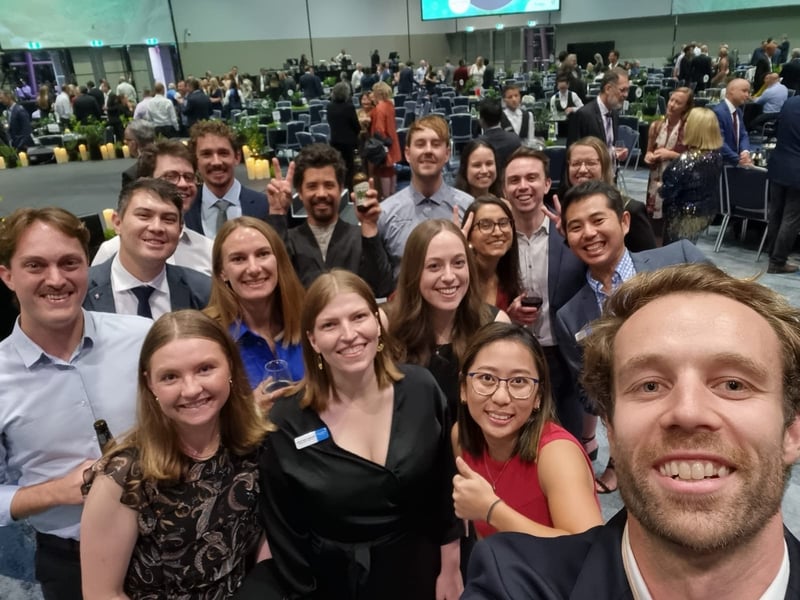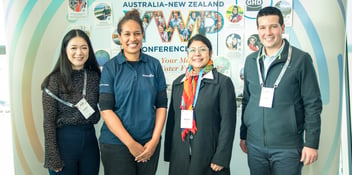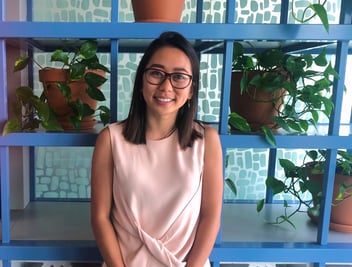Key learnings from Ozwater’23

I had the privilege to be awarded the AWA YWP Professional Development Scholarship and attend the annual Ozwater conference that was held in Sydney in May 2023. This was my first interstate Ozwater conference and I was excited to have the opportunity to spend the entire week being immersed in all that the conference had to offer.
I flew into Sydney on the Monday and met with about twenty other young professionals to help prepare for the conference. We spent a good couple of hours getting to know each other whilst putting together conference satchels and lanyards. It was also a great opportunity to be able to build networks early on as we stayed connected all throughout the conference, which meant that I had some friendly faces when we entered day two for the YWP Program. The YWP Program was certainly a big highlight for me, as I got to hear from last year’s Young Water Professional of the Year and partake in a range of fun activities that further built my network of young water professionals. We also got to hear from a panel of speakers on the importance of embracing digital transformation in the water industry, where I first heard concepts such as 8D data model and “data hype”. A key learning I took away from this session is treating data like an asset and making sure to maintain it over its lifecycle.
The next three days was the full Ozwater conference in action! I took advantage of all it had to offer, including attending the welcome reception, opening ceremonies, technical presentations, trade show, and gala dinner. One of the key messages around meaningful indigenous participation was from keynote speaker Cara Peek, Co-Founder of The Cultural Intelligence Project. She said, “culture moves at the speed of trust, not at the speed of your project”, and that “checking your cultural bias is crucial for water management”. It was a critical reminder of prioritising meaningful partnerships with traditional owners to achieve better cultural and economic outcomes for indigenous communities. I had the opportunity to be an assistant chair for a full day stream for my preferred option, and also volunteered during one of the opening ceremonies. I really enjoyed seeing some of the behind-the-scenes of how the conference was supported by volunteers and that I helped contribute to its operation. I attended as many technical presentations as I could to build my professional development and hear of the great work that others are doing in the water sector. One of my favourite presentations was on seawater desalination energy efficiency and emissions reduction, and how artificial intelligence was used in a real-life example in optimising the energy recovery device for reverse osmosis units.
Through this experience as a scholarship recipient, I built so many great connections with young water professionals across Australia and is an opportunity that I don’t take for granted.




